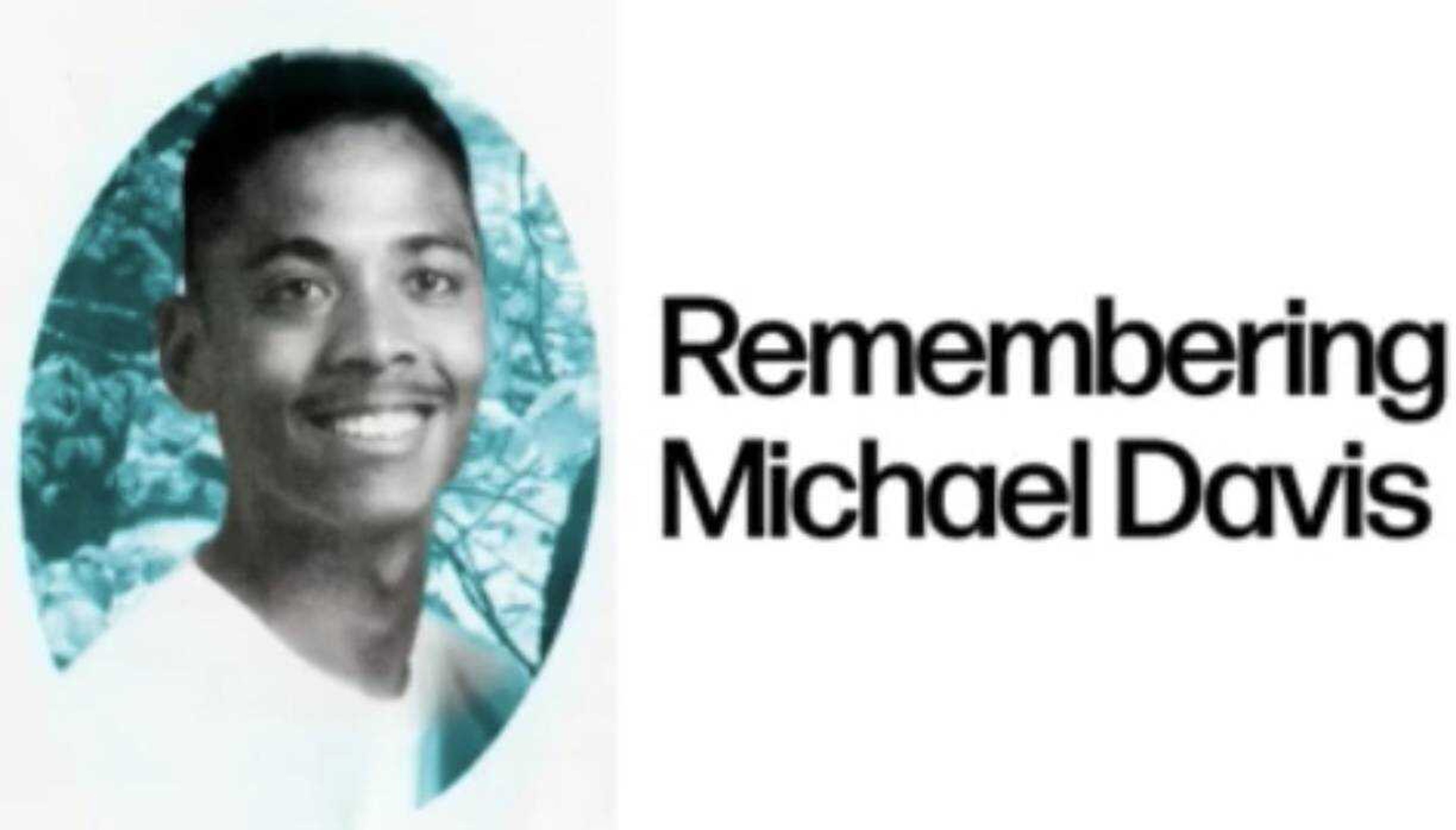Hazing tragedy not forgotten
Twenty-five years ago, Feb. 15, 1994, Southeast student named Michael Davis, 25, was killed during a hazing ritual. He was a journalism major, worked in the periodicals department of Kent Library, and was a staff writer at the Capaha Arrow at the time of his death...
Twenty-five years ago, Feb. 15, 1994, Southeast student Michael Davis, 25, was killed during a fraternity hazing ritual. He was a journalism major, worked in the periodicals department of Kent Library, and was a staff writer at the Capaha Arrow at the time of his death.
Davis was rushing Kappa Alpha Psi, one of the Divine Nine NPHC Greek organizations. The organization has since been banned from the university. Members of the fraternity who complied with prosecutors were sentenced to 30 days in St. Louis City Jail according to to the Southeast Missourian. Lainmore Taylor, president of Kappa Alpha Psi at the time of Davis’ death was charged with manslaughter, five counts of hazing and was sentenced to a year in prison.
Fifteen members of the fraternity were charged with misdemeanor hazing and seven others were charged with involuntary manslaughter according to the Southeast Missourian. The Missouri Supreme Court upheld the constitutionality of the state’s hazing law when Kappa Alpha Psi member Keith Allen appealed his misdemeanor conviction.
Zeffelin Wrice, one of two members of the fraternity who was not charged in wake of the incident, told the Arrow on Monday Davis’ death was the result of an injury he sustained from falling and hitting his head while playing a ritual game called “baseball” that required passage through levels of physical hazing assigned to each “base.” Wrice said he had not attended the events that night in February of 1994 because he was not in agreeance with having the pledge line (a pledge line refers to a group of possible new members).
Wrice said the media made the fraternity members out to be monsters, despite their friendship with the deceased. He said the very fact that Davis was in the pledge line demonstrated their admiration for him.
Following the event, Kappa Alpha Psi was handed a lifetime ban from Southeast’s campus, which Wrice said was inappropriate because future generations who wanted to join the organization were being punished for the mistakes of their predecessors.
Rob Blackwell, who served as editor of the Capaha Arrow at the time of Davis’ death, described Davis as a talented writer, quiet with a very strong personality. Blackwell said the event was a surreal whirlwind. Within days, the story had been picked up by the New York Times and other national news outlets, who both Blackwell and Wrice said spun the story inaccurately and dramatized Davis’ death.
“It was a numbing experience for us,” Blackwell said. “Because we were cast with the task of honoring him and making sure the story got out.”
Blackwell said getting their own answers for the death of their friend and colleague from university administration and the police was an empowering experience for the Arrow staffers. Dr. Tamara Zellars Buck, current professor of journalism and faculty advisor to the Arrow, said she and Davis had spent countless times together talking about their futures in journalism and putting the Arrow “to bed” (a journalism term for finishing the layout process). Zellars Buck said the loss was felt especially deeply in the African American community.






